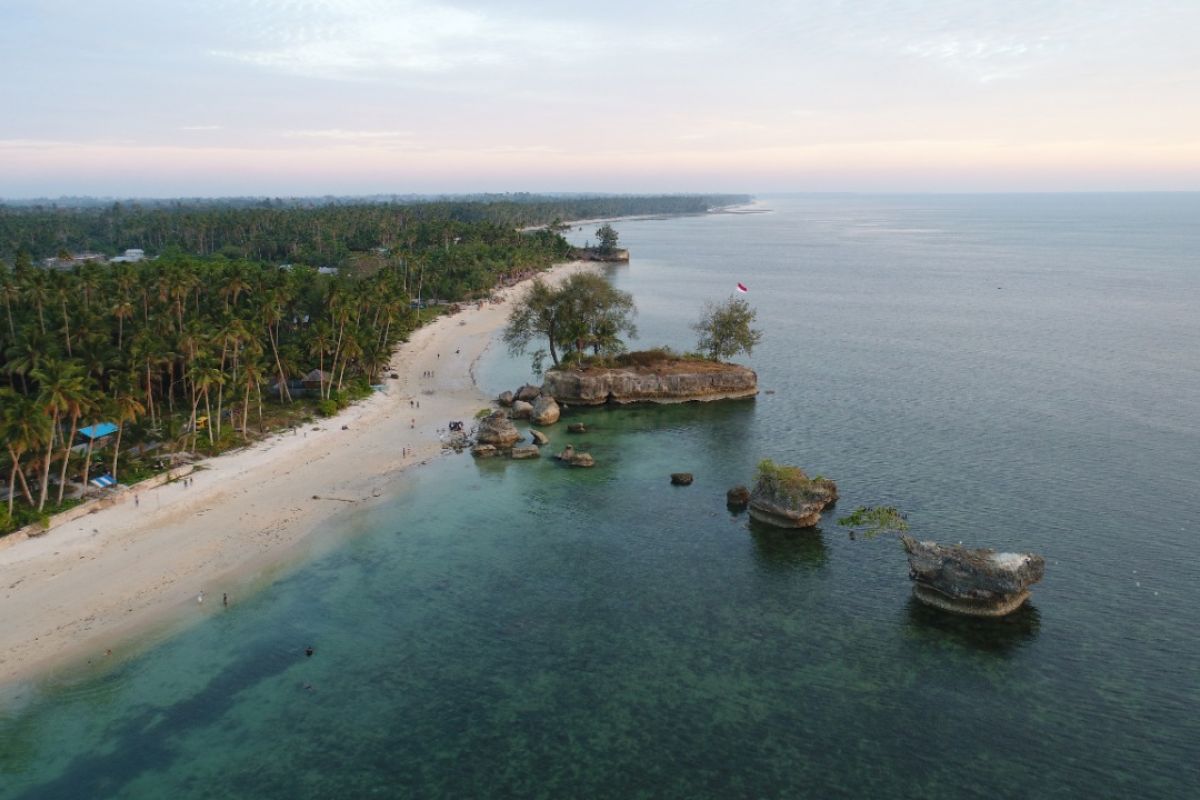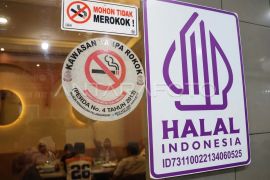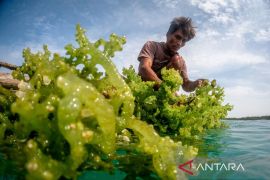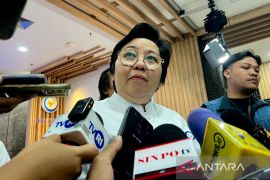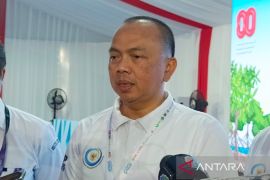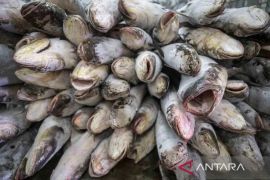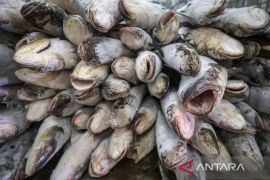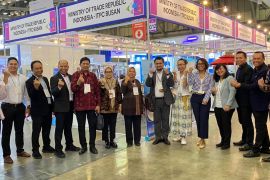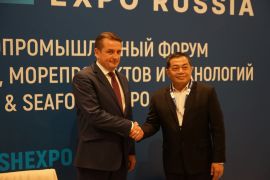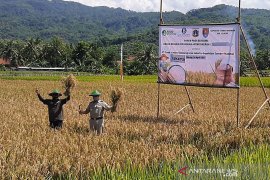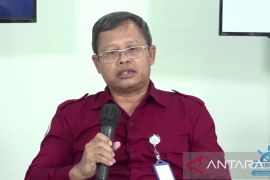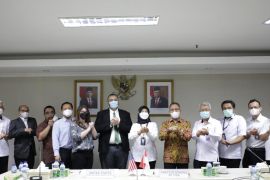The Coordinating Ministry for Maritime Affairs and Investment must show leadership and better coordination action in carrying out the President Regulation 83/2018 on plastic waste handling in the oceanJakarta (ANTARA) - NGO Destructive Fishing Watch (DFW) has underlined the importance of standard operating procedure (SOP) as a guideline for waste handling in the national fishery sector.
DFW Program Coordinator Hartono said in a statement on Sunday, that the institution has developed an SOP document that became a guideline for fishermen and fishery entrepreneurs.
This SOP document serves as a guideline to handle waste from fishery activities in a fishery pilot project in Tegalsari Fishery Port, Tegal, Central Java.
The SOP document is to make sure that every fishery boat has a waste disposal can and obliges them to bring back the waste that they have gathered during fishery operation back to fishery port.
Once this SOP is integrated within the applicable laws and implemented in the entire fishery ports in Indonesia, it can significantly reduce ocean waste in Indonesia, Hartono remarked.
Related news: Government encourages waste management through medium of film
Indonesia DFW National Coordinator Moh Abdi Suhufan noted that the initiative from various parties in handling plastic waste in the ocean must be coordinated well by the government.
"The Coordinating Ministry for Maritime Affairs and Investment must show leadership and better coordination action in carrying out the President Regulation 83/2018 on plastic waste handling in the ocean," he said.
This means that the execution of the regulation should be done not just based on paper but based on real data, report, and development on the field from various parties in the central and regional level.
According to the National Plastic Action Partnership (NPAP), Indonesia produces 6.8 million tons of plastic per year with 10 percent among them are disposed into the ocean.
Related news: Four social institutions launch pilots to tackle marine debris
If the problem is not resolved soon, the number of plastic waste in the ocean is estimated to reach 780.000 tons by 2025.
In response, the government has encouraged the implementation of green economy through waste management that can create prosperity and social equality in addition to significantly reducing environmental risks and ecological scarcity.
At an online discussion some time ago, official of the Coordinating Ministry for Maritime Affairs and Investment Rofi Alhanif noted that green economy is the future of waste management.
This means that there is already a paradigm change in the management of waste, especially plastic waste.
Related news: Capacity limit lifted for worship places in Level 1 PPKM regions
Related news: US donates 35.8 million doses of COVID-19 vaccine to Indonesia
Translator: M Razi Rahman, Fadhli Ruhman
Editor: Fardah Assegaf
Copyright © ANTARA 2022
